Oceania: Books
Further resources, if available, can be found in our full bibliography.
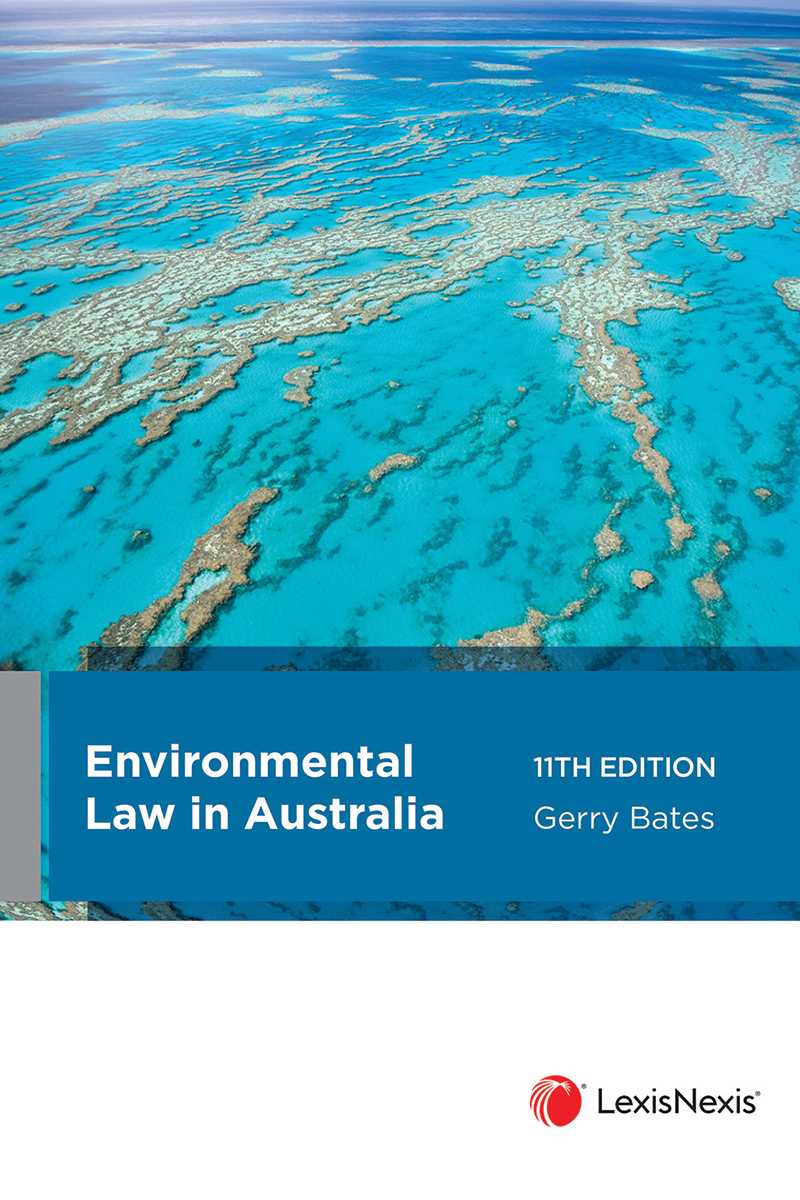
Environmental Law in Australia offers a clear overview of the core principles guiding environmental regulation and policy. This eleventh edition features updated legislation, case law, and expanded chapters on climate change, waste, and heritage. Designed for students and professionals, it equips readers to understand and apply environmental law across Australian jurisdictions, with emphasis on conflict resolution and effective legal implementation.
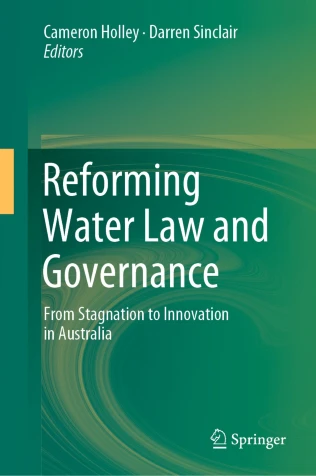
Reforming Water Law and Governance: From Stagnation to Innovation in Australia
Cameron Holley, Darren Sinclair
Springer
2018
This book examines Australia’s 20-year experience with water governance, focusing on its hybrid system of markets, regulation, and collaboration. It offers practical insights and comparative lessons, especially with the U.S., to guide policymakers and scholars in water law, environmental governance, and Earth jurisprudence.
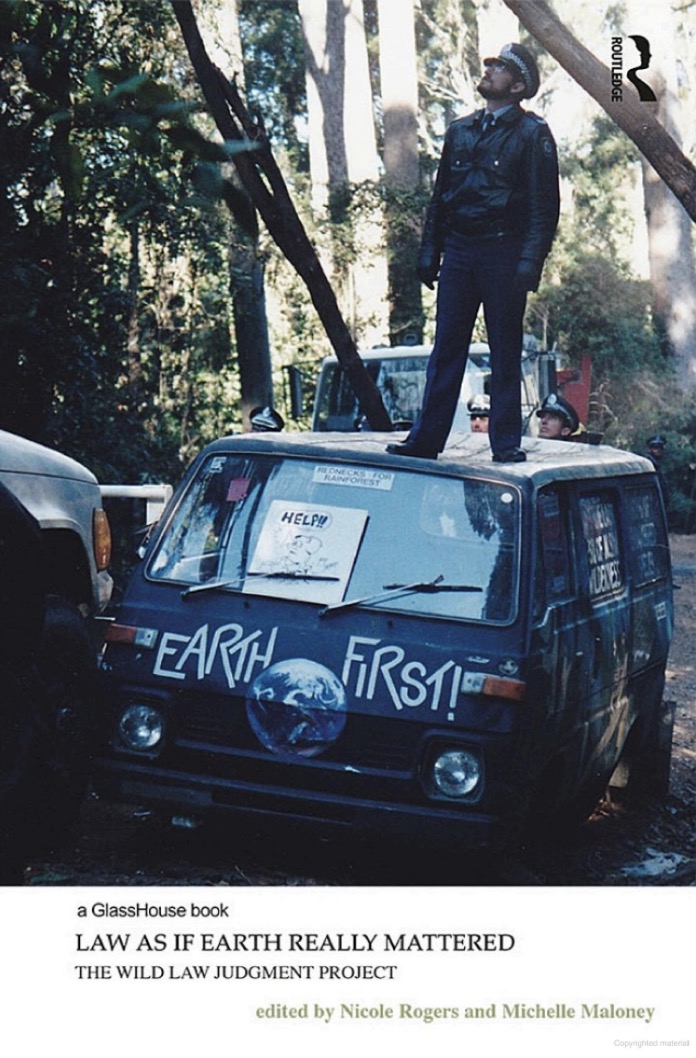
Law as if Earth really mattered: the wild law judgement project
Nicole Rogers, Michelle M. Maloney
Routledge
2017
This book showcases rewritten and fictional judgments from the Wild Law Judgment Project, inspired by Earth jurisprudence and Thomas Berry’s ecocentric philosophy. Contributors reinterpret legal decisions across areas like tort, environmental, constitutional, and native title law to challenge the anthropocentric focus of Western legal systems. By placing Earth and the broader community of life at the center of legal reasoning, the book offers a compelling critique of existing legal norms and invites readers to imagine a more Earth-centred, ecologically conscious system of law.
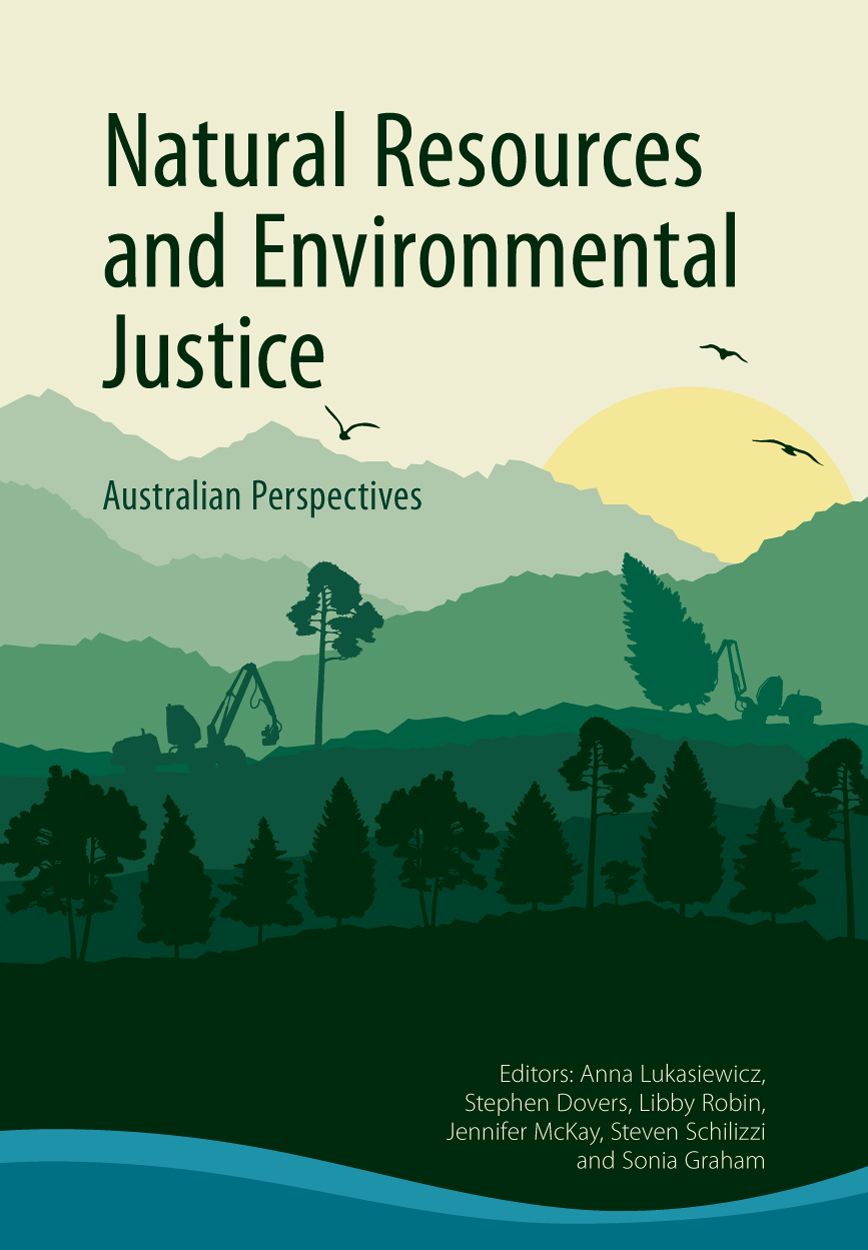
Natural resources and environmental justice: Australian perspectives
Anna Lukasiewicz, Stephen Dovers, Libby Robin, Jennifer McKay, Steven Schilizzi, Sonia Graham
CSIRO Publishing
2017
This book provides an in-depth, interdisciplinary look at justice in Australian environmental management. It highlights the often-overlooked role of fairness in decisions about land, water, and other natural resources, and how this oversight can lead to conflict among stakeholders. Through case studies and expert insights, it presents a social justice framework and outlines priorities for future research and more equitable environmental governance.

Conservation Is Our Government Now: The Politics of Ecology in Papua New Guinea
Paige West
Duke University Press
2006
This ethnography explores the intersection of global conservation efforts and local experience in Papua New Guinea. Drawing on years of fieldwork, Paige West examines the Crater Mountain project, revealing tensions between NGO goals and Gimi expectations. The book contributes to political ecology by highlighting how conservation, development, and local agency unfold in practice, challenging assumptions about nature, culture, and place through detailed, grounded analysis. It is widely praised for its accessibility, depth, and relevance to scholars and practitioners alike.
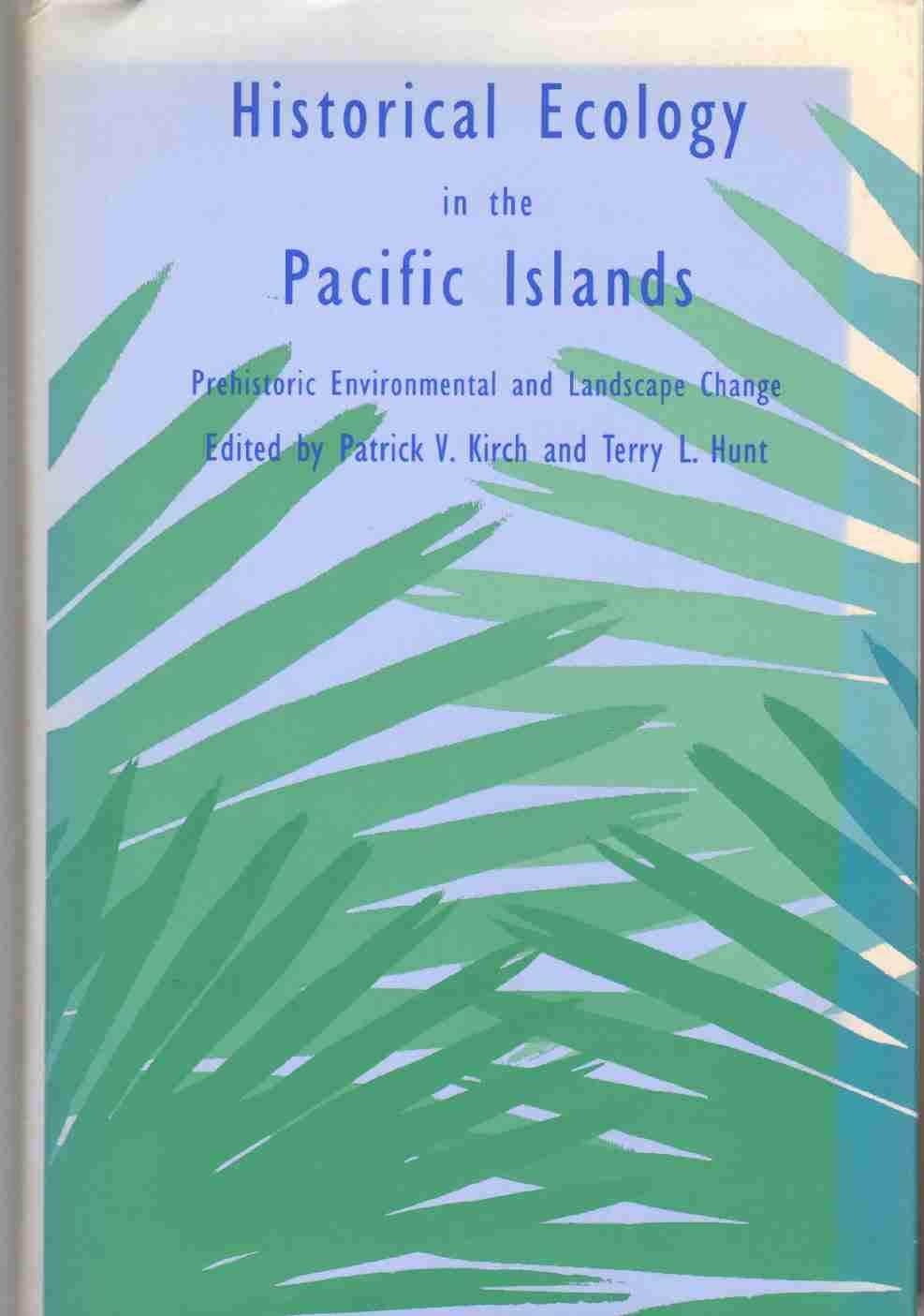
Historical Ecology in the Pacific Islands: Prehistoric Environmental and Landscape Change
Patrick V. Kirch, Terry L. Hunt
Yale University Press
1997
Natural scientists, archaeologists, and geographers here present recent research findings on the ecological history of the Pacific Islands, challenging earlier views that the Pacific Islands underwent dramatic environmental change only after Western contact. A rich array of case studies shows that Indigenous people had profound and often irreversible effects on the landscapes and biotas before European colonization.
Photo Credit: Mount Egmont, an Active Volcano in New Plymouth, Taranaki, New Zealand; Ethan Brooke/Pexels